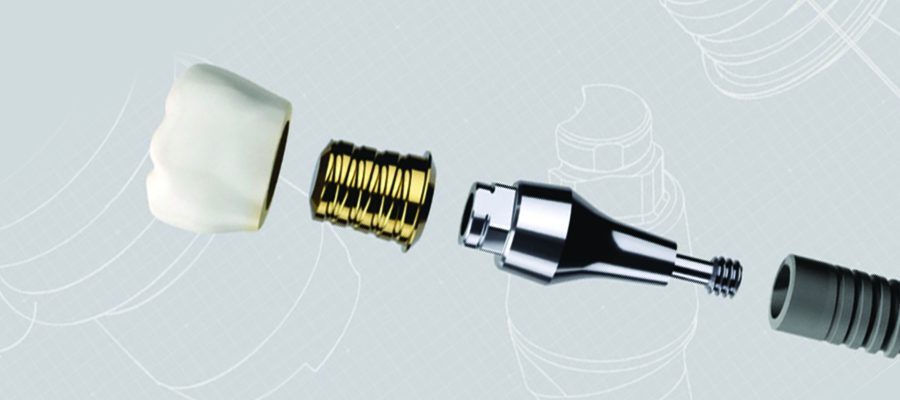Tooth loss can be age-related as well as develop later, or even be genetic. Hygiene is the most important issue for oral and dental health. Most dental problems arise because of the lack of attention to oral and dental care. We need to brush our teeth before and after meals or at least twice a day. However, even if you don’t have dental problems, visiting your dentist every 6 months is of great importance in preventing caries. You need to change your toothbrush every 3 months to minimize the accumulation of bacteria in the brush. Floss should be used at regular intervals, and mouthwash must be used once a day. The teeth are the only structures in the human body that cannot renew themselves. Therefore, you may experience tooth loss if problems are underestimated or necessary precautions are not taken. The only robust and permanent treatment after the loss of teeth is the implant method, which has been used very frequently in recent years. This method should be carried out by experienced and qualified personnel as it is costly and the procedure is directly related to body integrity.
How are implants applied:
This application is used to achieve a definite and permanent solution in cases of tooth loss. The implant method starts with the replacement of the lost tooth with screws coated with titanium on the jaw bone. This is a challenging procedure and anesthesia is applied to prevent the patient from feeling pain. After this procedure, this titanium-coated screw has to integrate with the patient’s jawbone. This process can take up to 1-4 months. During this process, while the head of the screw remains inside, the end part of the prosthesis remains on the gum, which does not create an aesthetic appearance and may cause problems while eating. After the integration of the screw with the bone is completed, the prosthesis prepared according to your tooth structure is attached after the temporary prosthesis is removed. This completes the process.
Considerations in Implant Applications:
It is very important for implant applications that the dental bone and jaw structure have completed their development, while the gums should also be suitable. Acidic foods and beverages should be avoided as well as smoking, alcohol and caffeine before and after the treatment. This should prevent the gums from dissolving. Very cold and very hot food and drinks should be avoided. The necessary information is provided in our hospital and observation is implemented after the treatment.



